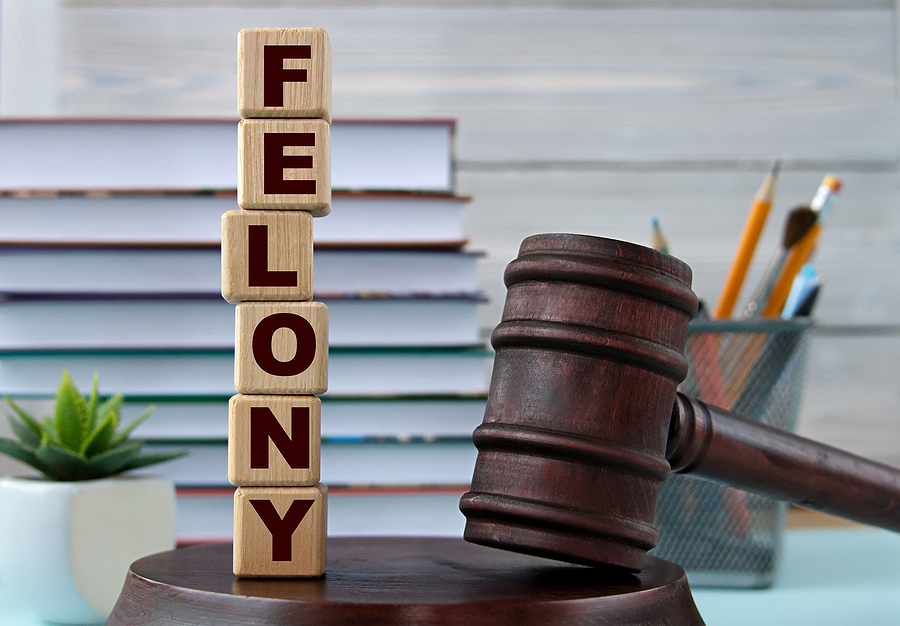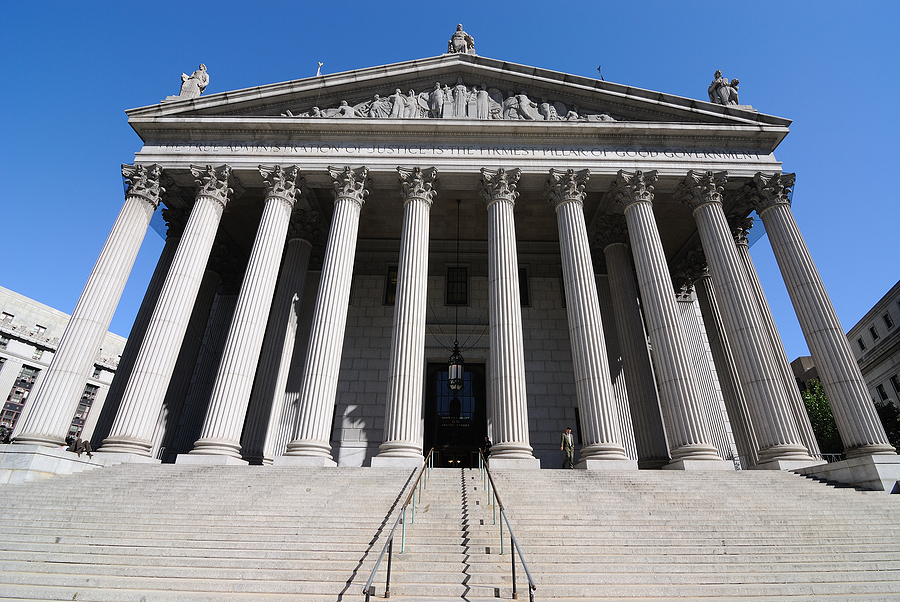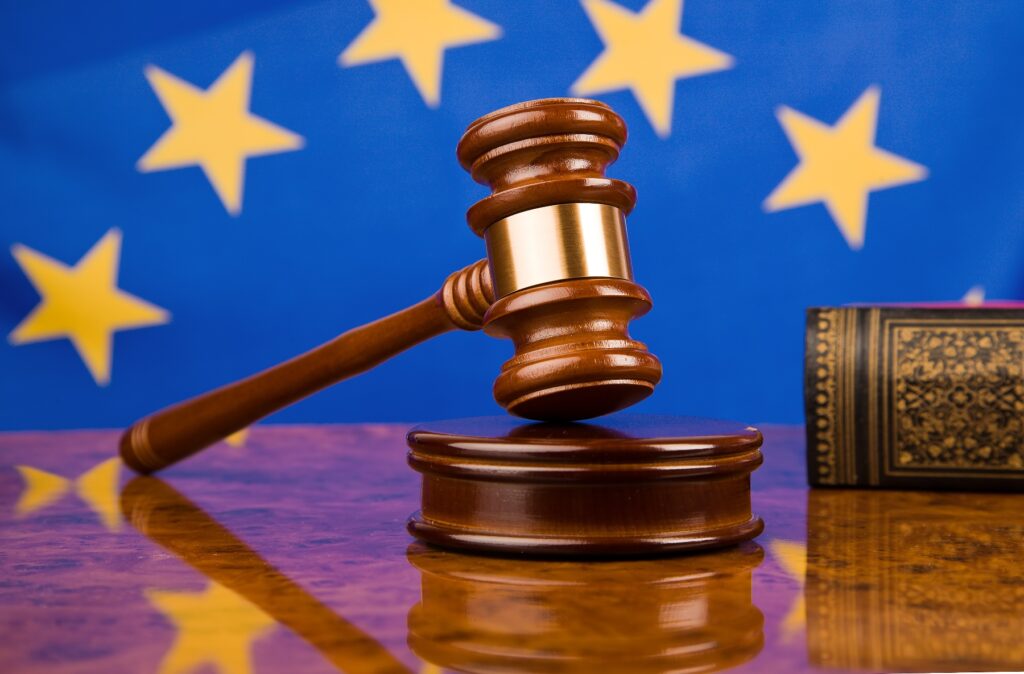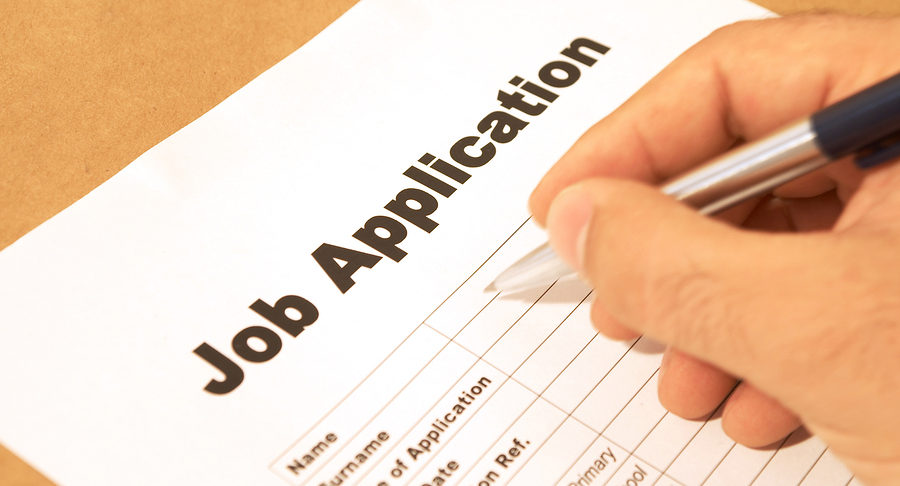Facing a felony charge in Indiana can be a daunting and life-altering experience. Your decisions immediately following an arrest can significantly influence the course of your case. Understanding the steps to take can be pivotal in safeguarding your rights and building a strong criminal defense.
This blog aims to shed light on these essential steps and provide guidance to navigate the often complex landscape of felony charges and potential conviction. It’s crucial to remember that every situation is unique, and this advice should be seen as a general guide, not a substitute for professional legal advice.
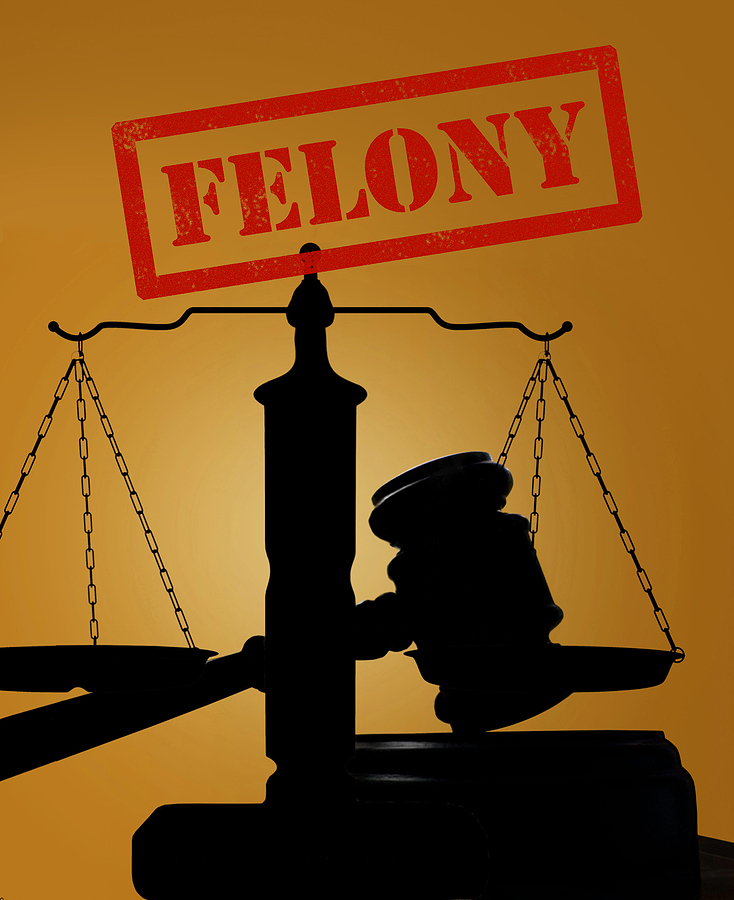
How to Manage a Felony Arrest With Success
Seek Legal Representation Immediately
The first and most crucial step to take after getting arrested for a felony criminal charge in Indiana is to seek legal representation immediately. The state of Indiana has strict laws when it comes to felony charges, and without proper legal counsel, you could face severe consequences. A skilled criminal defense attorney will understand the nuances of the law and have experience defending against similar charges. They can advise you on the best course of action and protect your rights throughout the legal process.
Remain Silent
After being arrested, it’s essential to remain silent until your attorney is present. Anything you say can be used against you in court, so it’s crucial not to incriminate yourself by speaking without legal counsel present. This includes speaking with law enforcement, jail staff, or other inmates. It’s best to exercise your right to remain silent and wait for your attorney’s guidance.
Understand Your Charges
Understanding the specific felony charge brought against you is crucial in building a strong defense. In Indiana, felonies are classified into six levels, with Level 1 being the most severe and Level 6 being the least severe. The penalties for each level vary greatly, with Level 1 felonies carrying a prison sentence of up to 40 years and fines of up to $10,000. Your attorney can help you understand the charges against you and the potential consequences if convicted.
Attend All Court Appearances
It’s essential to attend all court appearances after being charged with a felony. Failure to appear can result in additional charges and penalties, including an arrest warrant being issued. Your attorney will advise you on when and where you need to appear, as well as how to conduct yourself in court. It’s crucial to remain respectful and follow any instructions given by the judge or courtroom staff.
Consider Bail Options
After your arrest, you may be able to post bail and be released from custody until your trial. There are various types of bail options available, including surety bonds, cash bonds, property bonds, and release on recognizance (ROR). Your attorney can help you understand the different options and determine which one is best for your situation. If unable to afford bail, your attorney can also argue for a reduction in bail amount or for you to be released on your recognizance.
Follow Your Attorney’s Advice
Throughout the legal process, it’s crucial to follow your attorney’s advice. They have your best interests in mind and will guide you through each step of your case. It’s important not to make any decisions without consulting with them first, as even seemingly insignificant actions could have severe consequences. Trust in your attorney’s experience and expertise to help you achieve the best possible outcome for your case.
Final Thoughts
Being arrested for a felony in Indiana is a serious matter that should not be taken lightly. By following these crucial steps, you can protect your rights and work towards building a strong criminal defense with the help of an experienced attorney. Remember to remain calm, seek legal representation immediately, and follow your attorney’s advice throughout the process. With a strong defense and the right guidance, you can navigate this challenging situation and work towards a favorable outcome. So if you or someone you know is facing a felony charge in Indiana, don’t hesitate to take these crucial steps and seek professional legal help as soon as possible.
If you are facing felony criminal charges, it’s essential that you seek the advice of a qualified lawyer as soon as possible. Contact Attorney David E. Lewis at 317-636-7514 to speak with a seasoned felony criminal defense lawyer in Indianapolis, Indiana. Our law firm will get you the best possible outcome to your criminal case!
Related Posts:
What You Need to Know About Felony DUI Arrests in Indiana
Can I Expunge a Low Level Non Violent Felony?
What to Do if You are Facing Felony Assault Charges in Indiana

